10 Research-Backed Ways to Improve Your Work Productivity
When your to-do list never ends and your brain feels like it’s stuck in buffering mode, it might be time for a productivity refresh. Science has a lot to say about how people get more done—and no, it doesn’t involve just working harder. These research-backed tips offer smarter ways to accomplish more in less time.
Break Projects Into Micro-Tasks
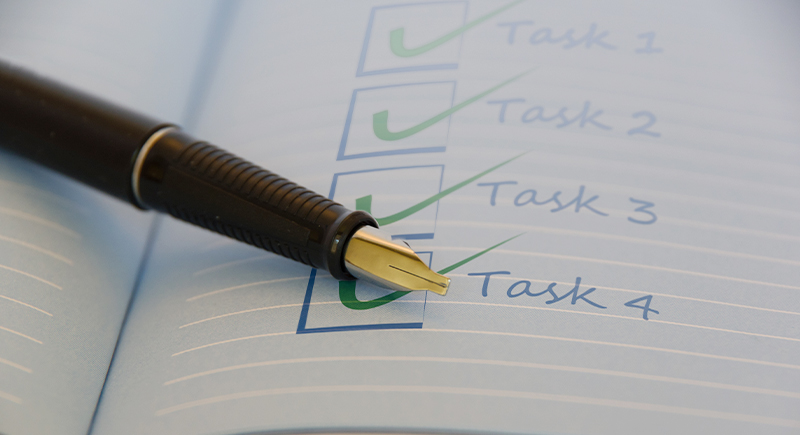
Credit: iStockphoto
This technique, often called “micro productivity,” works because small goals reduce cognitive load. Even writing down tiny actions like “open file” or “name document” sparks momentum. Once you start, your brain is more likely to keep going.
Stick To One Task At A Time

Credit: Getty Images
A Stanford study found that people who multitask frequently are worse at filtering out irrelevant information and switching between tasks. It turns out the brain doesn’t actually do two things at once; it just toggles back and forth poorly. Focusing on one task, finishing it, and then moving on leads to better results.
Use A Timer To Stay On Track
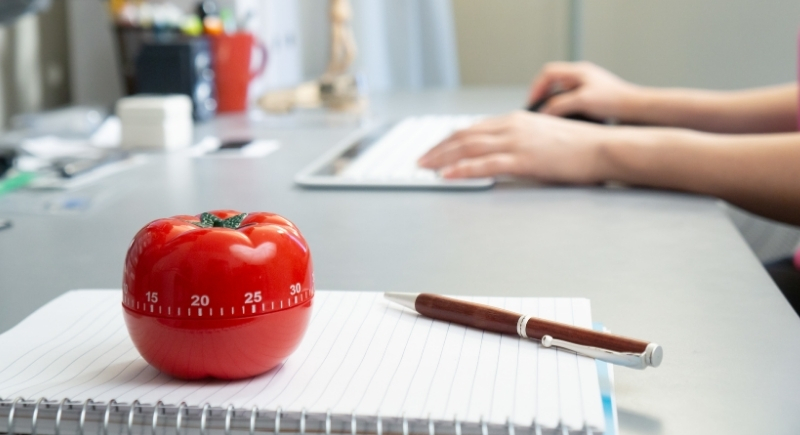
Credit: Getty Images
The Pomodoro Technique has been around since the 1980s and is still effective. Set a timer for 25 minutes of focused work, then take a 5-minute break. After four rounds, take a longer break. It improves attention and reduces burnout because your brain knows a break is coming.
Let In Some Natural Light

Credit: Getty Images
Natural light regulates circadian rhythms and even improves mood. If you’re stuck in a dark cubicle, try moving closer to a window or using cool-toned LED bulbs. A brighter workspace makes it easier to concentrate and feel awake without another cup of coffee.
Take Short Breaks (And Don’t Skip Them)

Credit: Canva
When you work nonstop, productivity ironically crashes. Studies from the University of Illinois show that the brain zones out after extended periods of concentration. A five—to ten-minute break refreshes attention and improves accuracy. Stretch, walk around, and stare out the window. Your brain needs mini-restarts to perform well all day.
Exercise, Even A Little Bit

Credit: Getty Images
You don’t need to train for a marathon—just getting your body moving makes a difference. A brisk 15-minute walk at lunch can lift your energy more than a third cup of coffee. Movement boosts blood flow to the brain, and that translates to sharper thinking. Desk yoga counts, too.
Set Specific, Challenging Goals
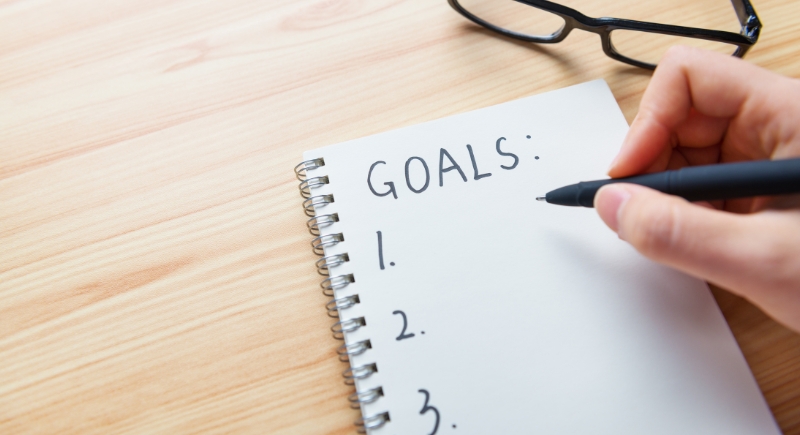
Credit: Getty Images
“Be more productive” means nothing, but “send the pitch deck by 4” is clear. Research by Locke and Latham shows that specific, challenging goals actually improve performance. The key is clarity. When the brain knows exactly what to aim for, it’s much more likely to get it done.
Avoid Constant Interruptions
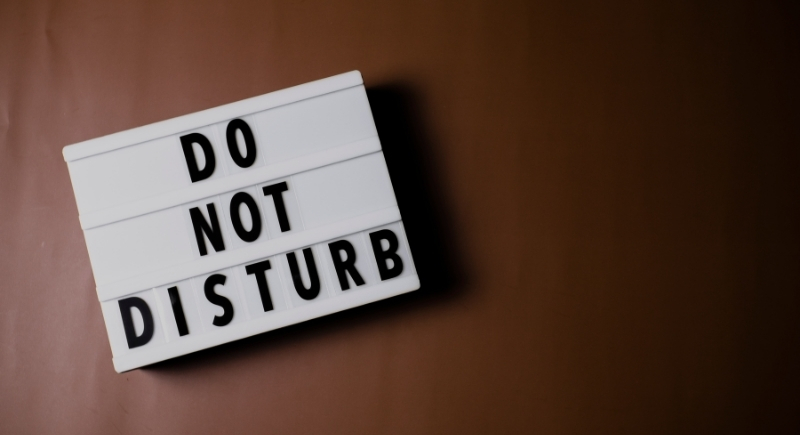
Credit: pexels
A study from UC Irvine found it takes over 20 minutes to fully regain focus after an interruption. To protect your focus, turn off non-urgent notifications, use “do not disturb” status during deep work, and set meeting-free hours. Protecting your focus doesn’t make you antisocial in the eyes of others, either.
Work Somewhere Quiet When You Need To Think

Credit: Canva
Open offices are great for collaboration but not so much for deep work. Research from Gensler suggests that people in balanced environments—spaces with both collaborative areas and private zones—are the most productive. Even soft background noise can derail concentration when the task at hand requires serious brainpower.
Use Visual Cues To Stay Focused
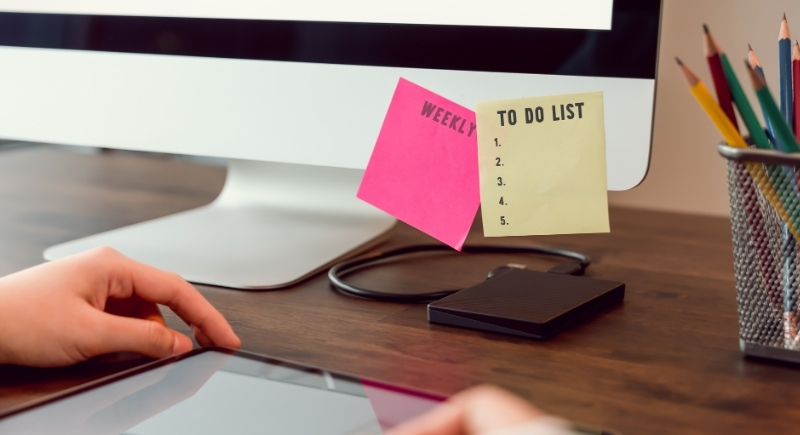
Credit: Canva
A sticky note or a desktop wallpaper can act as a productivity anchor. Visual reminders prompt your brain to stay on task. Behavioral science calls this “cue-based control,” and it’s often used in habit formation. Want to focus on writing? Put a note on your monitor that says “Just write.”
Look At Cute Animal Photos (Yes, Really)

Credit: pexels
This one might sound odd, but a study from Hiroshima University found that looking at photos of baby animals improved focus and task performance. The effect is thought to come from a spike in positive emotion and attentiveness. Participants who viewed cute images performed better on detail-oriented tasks right after.
Get Some Fresh Air Midday

Credit: Canva
Nature exposure boosts cognitive function and lowers stress. The benefits don’t require a long hike. A walk around the block or sitting on a bench can reset your brain and improve memory. Indoor plants help, too, but fresh air offers a faster mental recharge when your mind starts dragging.
Give Colleagues Heads-Up Boundaries

Credit: Getty Images
People aren’t trying to derail you; they often just don’t know you’re in deep focus mode, but unexpected interruptions from coworkers tank productivity. Set clear signals like “heads-down hours” or status lights on messaging apps, so your team knows when not to distract you.
Mindfulness Helps—Even A Few Minutes

Credit: Getty Images
You don’t need a full meditation cushion or 30 minutes of silence. Just a few minutes of breathing or stillness can increase focus. Apps like Headspace or Waking Up make it easy to squeeze in short sessions. Focusing on the present moment, even briefly, can make your workday feel less scattered.
Use Tech That Works For You
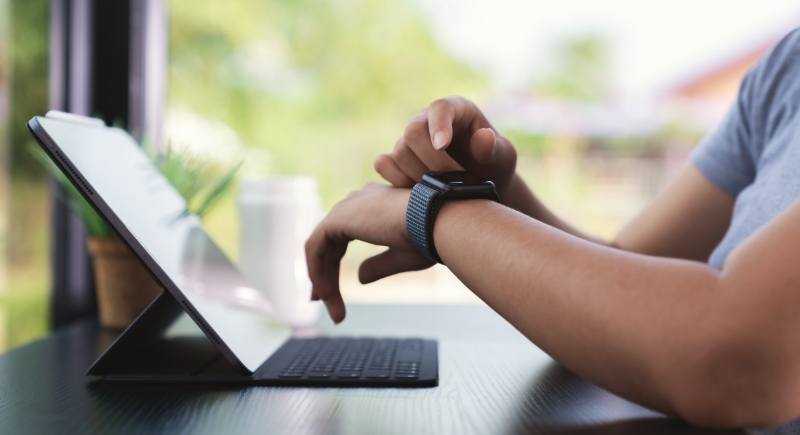
Credit: Canva
Trello boards, productivity timers, and calendar blockers work best when they solve a real problem. A study by Cornerstone found that 71% of workers using wearable tech felt more productive, but it’s not about gadgets for the sake of it. Use tech that solves actual problems, and ditch what clutters your process.